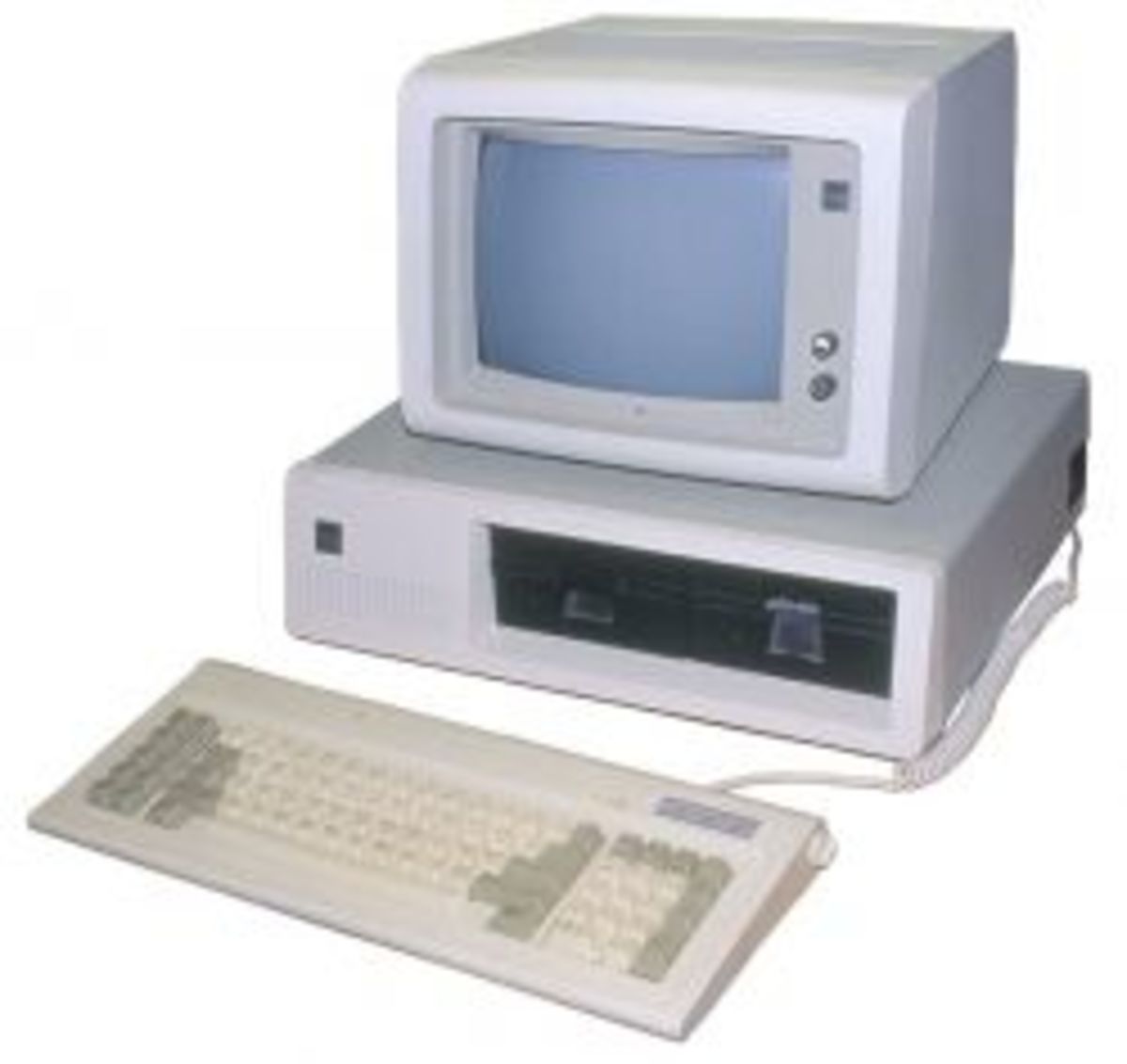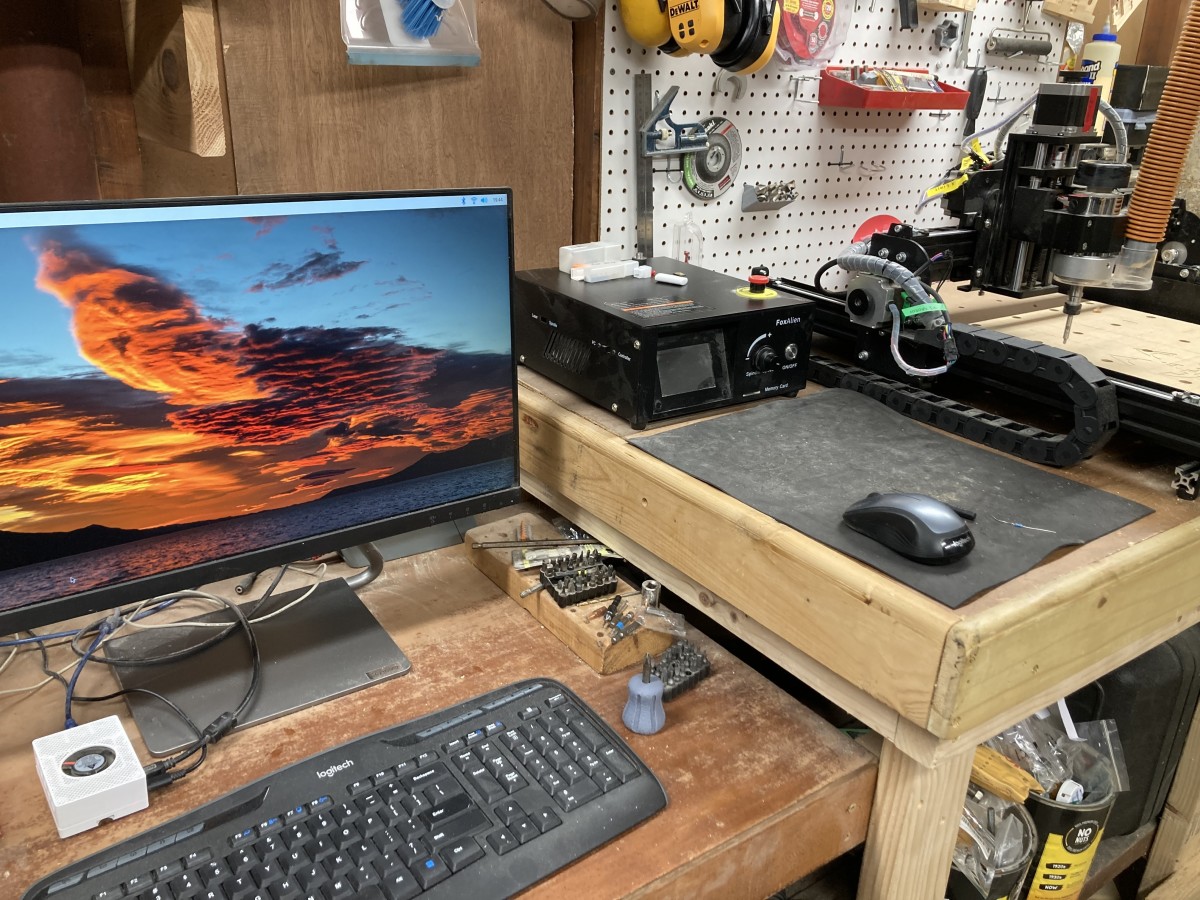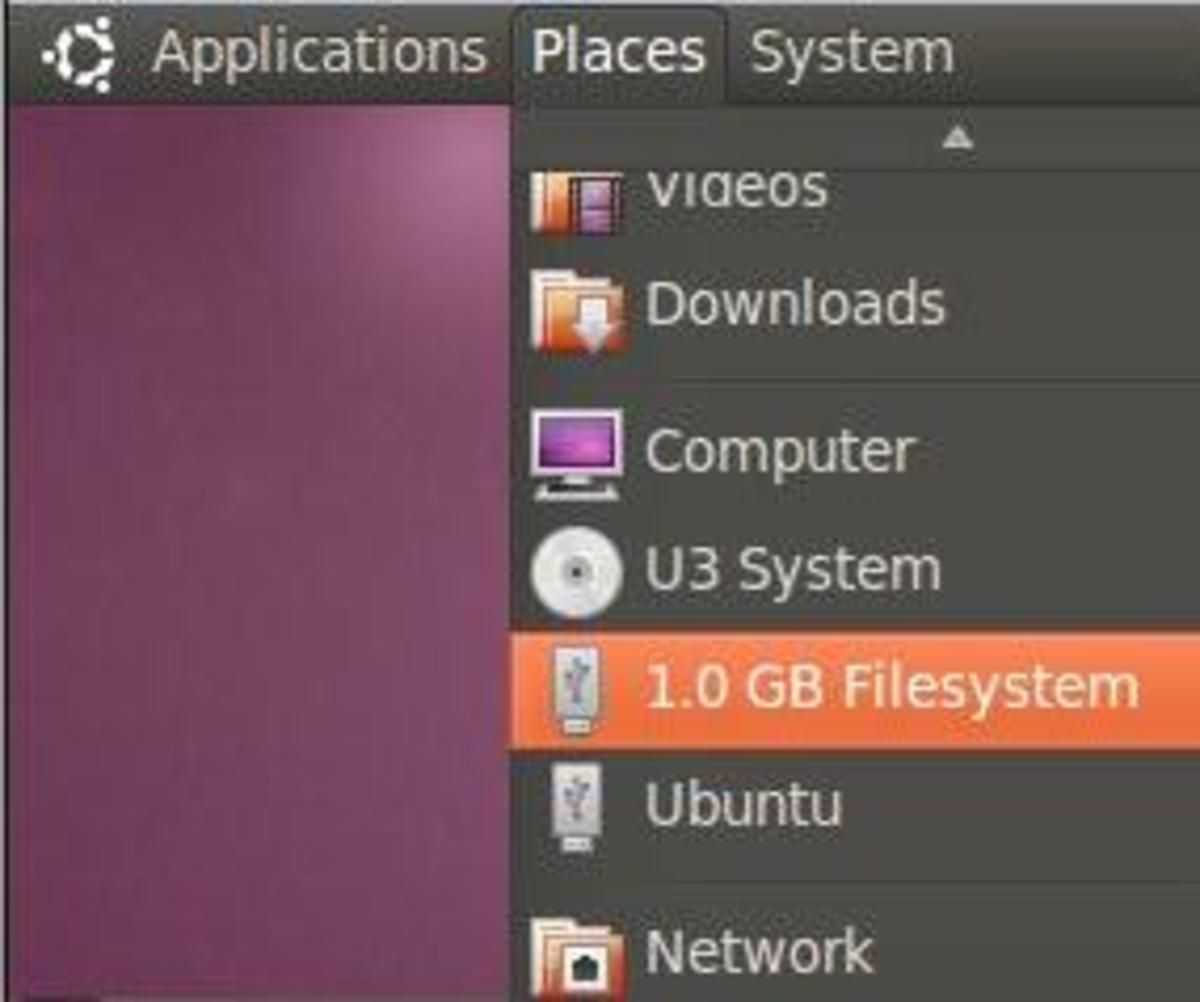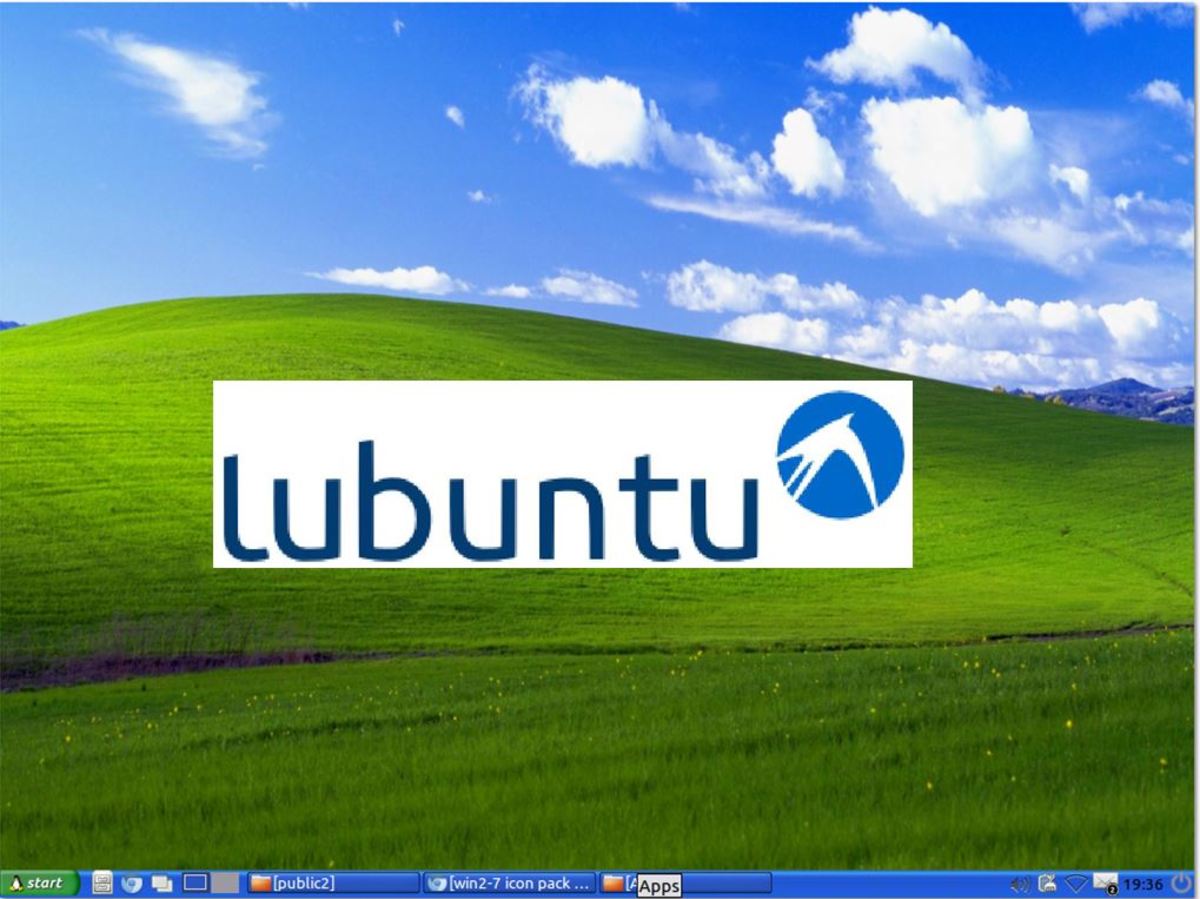Future computers may combine several operating systems
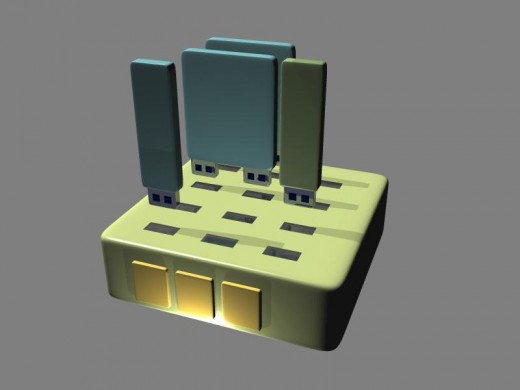
A computer of the future may have more than one operating system in it.
Every computer has an operating system in it. An operating system is a software system that allows basic operation of the computer. It does basic tasks like sorting out files, and putting files into alphabetical order. It also provides error messages if the user of the computer makes an error, for example, an error message appears if two files have the same name. The most common operating systems used today are Windows (made by Microsoft) Macintosh (made by Apple) and Linux. New operating systems, such as Android (used in small 'tablet' computers) are being developed all the time. But, why should a computer have only one operating system?
Computers of the future may have several operating systems. In the future, you may be able to buy a computer that has at least five operating systems in it. The computer would be modular (modular means it's divided into modules) and each module would have it's own operating system. The main modules would be the power supply (also called the 'motherboard'), the hard drive, the memory, the CD burner, and the input-output card. You may buy each component separately. For example, the first component you'd buy is the power supply. The power supply is the base of the computer, it contains the motherboard, which is the main circuit board of the computer. The motherboard supports the processing chip, also called the CPU (Central Processing Unit). The power supply/motherboard unit would have it's own operating system.
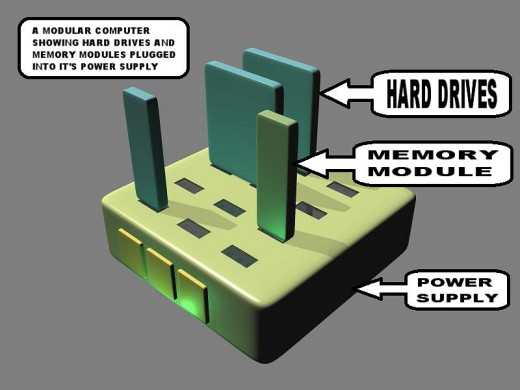
The illustration above shows the power supply/motherboard module with several different modules plugged into it. The illustration shows hard drives and memory modules plugged into the power supply. A 'hard drive' is the main storage component of a computer, it's where most of the information in a computer is stored. You could buy each hard drive separately. Each hard drive would have it's own operating system. The operating system of a hard drive would not necessarily have to be made by the same company that makes the operating system for the motherboard, they may be made by two completely different companies. The illustration also shows memory modules plugged into the power supply. Each memory module would have it's own operating system.
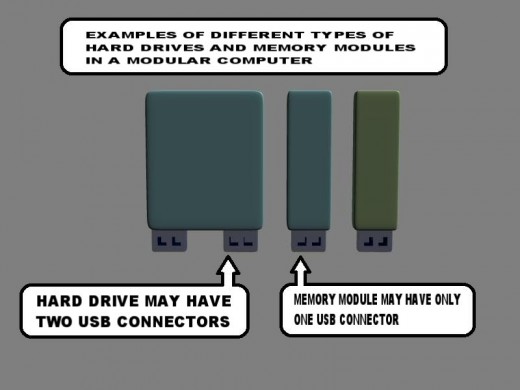
The illustration above shows different types of modular hard drives and memory components. A hard drive may have two USB connectors on the bottom of if. A smaller memory module may have only one USB connector on it. USB stands for 'Universal Serial Bus', and it's one of the most common types of electrical connectors used in computer equipment today. In the modular computer, the hard drives and memories would be plugged directly into the motherboard,using USB connectors. Memories are where the information is processed in computer applications, the hard drives are where information is stored when it is not being processed. Each memory module would have it's own operating system. The operating system in a memory module would not necessarily have to be made by the same company that makes the operating systems for the hard drive and the mother board, it may be made by a completely different company.
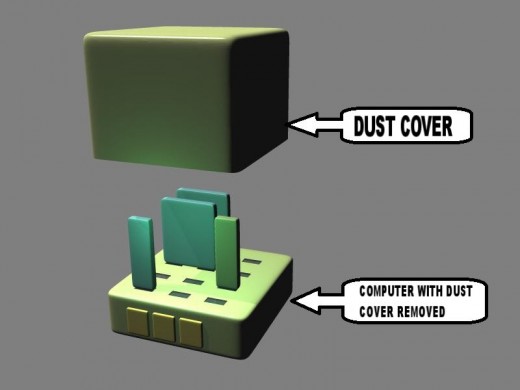
Another component could be added as soon as the hard drive and memory is installed in the power supply. You may add the CD burner, the CD burner is a hardware component that allows you to burn data to blank CD's or DVD's, it also allows the computer to read data from CD's or DVD's. The CD burner would have it's own operating system. Another component would be the input-output card. The input-output card is a hardware component that handles the task of putting information into the computer,and also getting information out the computer. An input-output card handles sound output, it provides stereo sound when a pair of stereo speakers are plugged into it. An input-output card also handles the task of bringing information into the computer, for example, when the computer is connected to the internet, the input-output card acts as a modem, or wireless decoder. The input-output card also handles data going to and from printers, scanners, and other devices. The input-output card would have it's own operating system.
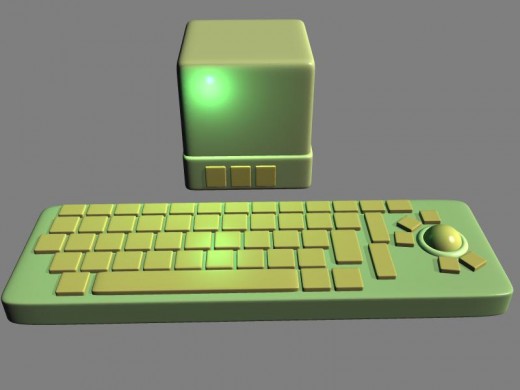
So, the modular computer described above would have five major components, and it would have a different operating system for each component. You might wonder...what's the advantage of having five different operating systems in one computer? One advantage is lower cost. It costs money to develop a computer operating system. If you are developing an operating system for an entire computer, the cost would be huge. But if your company is only developing an operating system for one small part of that computer, the cost of development is much less. Another advantage is quality. One company might be great at developing an operating system for a sound card, while another company might be great at developing an operating system for a CD burner. You could shop around for the best operating systems and buy each one separately. Another advantage involves upgrades. Suppose you want to upgrade one of the operating systems in your computer, without spending any money to upgrade the other ones. You could do it! Naturally, companies that develop operating systems for modular computers would have to agree on certain technical issues, so the operating systems that they develop are compatible with one another. Multiple operating systems are definitely going to bring many advantages and new capabilities to computers in the future.
Anthony Ratkov. November 21,2011.


